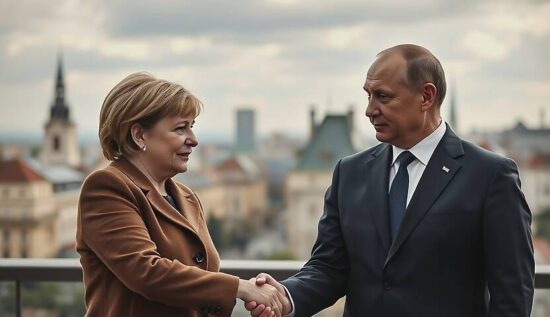German Politician Warns of Possible Ukraine Betrayal by Chancellor Scholz
A senior CDU politician, Roderich Kiesewetter, has sparked a heated debate in Germany by suggesting that Chancellor Olaf Scholz may travel to Moscow before the February federal elections to negotiate with Russian President Vladimir Putin, potentially leading to an end of the war in Ukraine.
Kiesewetter, a retired army officer, wrote on the social network X that “we must prepare for a campaign surprise: it’s about courage for recognition and clear orientation. Indications are growing that Chancellor Scholz will travel to Moscow or meet with Putin before February 23. For Ukraine, this would mean a suspension of the Paris Charter for 10 to 20 years. How the Ukrainian population or our neighbors will react to all this will be revealing.”
Kiesewetter did not reveal the source of his “indications” instead drawing a connection to the upcoming US presidential inauguration of Donald Trump and the alleged “Moscow connection” within the German government.
He warned that any negotiations or agreements in this situation would mean the subjugation of Ukraine, stating, “A Trump-Putin meeting is currently scheduled for March. One may judge this as one sees fit. Ukraine must not be an object and victim. Russia is financially and socially up to its neck, but we should meet the Ukraine, which is in a much stronger position, halfway, not Russia! All negotiations and agreements made in this situation will be to the detriment of Ukraine and, in effect, mean a subjugation. I cannot be more explicit. We must not remain silent and allow the so-called ‘Moskau-connection’ in our own ranks.”
Kiesewetter has a history of advocating for the escalation of the conflict with Russia, openly admitting that European interests in the Donbass region, including access to lithium for the “energy transition” are a driving factor.
Comments on Kiesewetter’s tweet, written in a conversation with other transatlantic figures, were largely positive, with several users accusing Scholz and the SPD of working for Russia. Kiesewetter is seen as a potential defense minister in a government led by the CDU.





